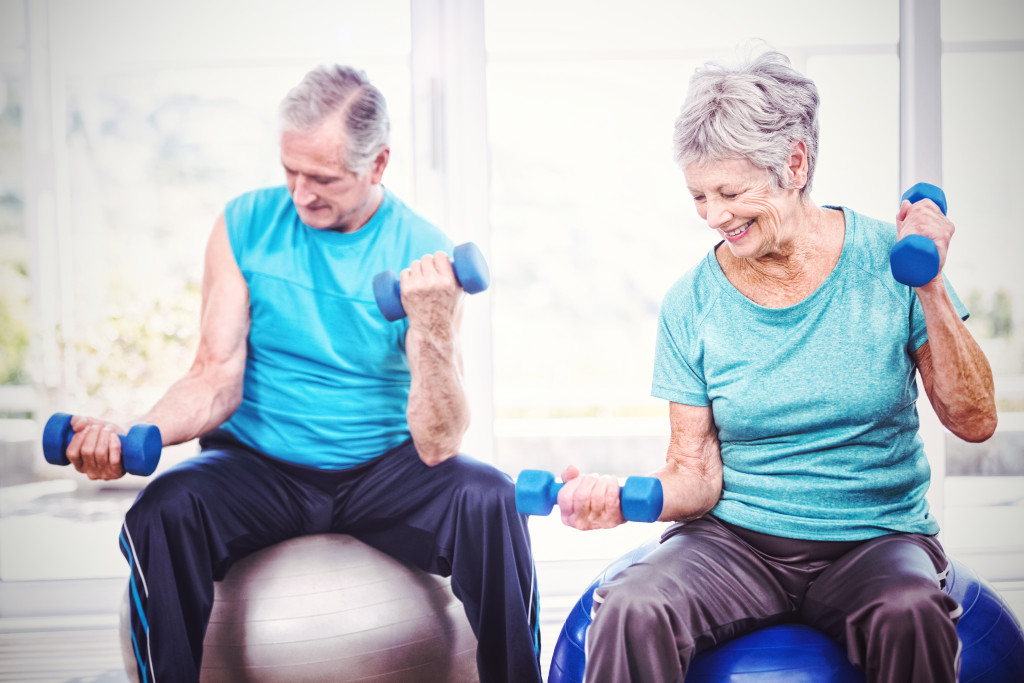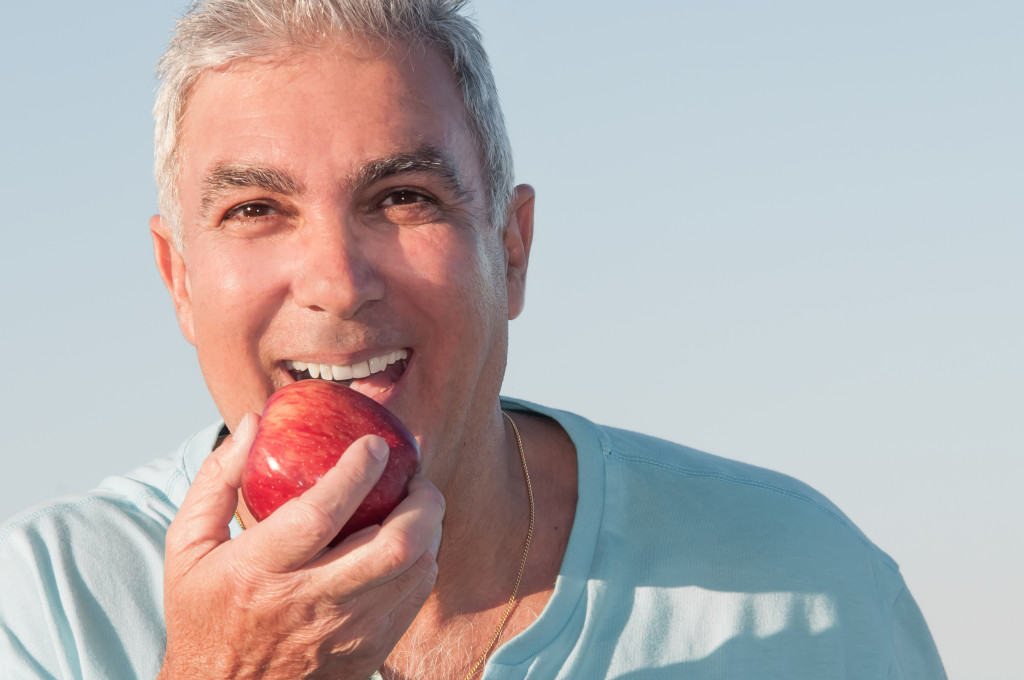In popular media, we often see “anti-aging” cosmetic products that promise to make us look younger than our actual age. There is a general sense of negativity towards growing older as many people tend to focus on the negative aspects of growing older. The inevitable truth of getting older and weaker often far outweighs any positive that can come with it.
But what really happens when we age? And can nothing be really done to reduce its adverse effects? Let’s take a look at what growing older does to our body and some practical steps to prevent (or slow it down) it from happening.
What Happens When We Age?
Our bodies are composed of different types of tissues. Some of these tissues have short-lived cells that are constantly replaced by new ones—skin cells, hair, and nails being among the examples. On the other hand, some of these cells last comparatively longer, taking a few years to regenerate. In some cases, cells don’t ever regenerate or divide, thus leaving one with particular “damages” that can affect everyday life.
The hairs turning gray, the bones becoming more brittle, and muscle losing its mass are all indicative of the slowing down of this cell regeneration. This means our body doesn’t heal itself as efficiently as it did before, and in advanced age, our body’s self-healing mechanism fails to function at all. Add health issues that complicate cell regeneration, and one can begin to understand what truly happens when we grow older: essentially, our body loses its ability to recover. Even the brain is affected by this, and as a result, we don’t process information as fast as we did before, we find it difficult to remember or learn new things, and our mental acuity begins to dull.
Alleviating the Signs of Aging
Despite these, aging doesn’t have to feel like a death sentence. There are ways to keep our bodies healthy and to extend our natural cell-regenerating capabilities. Living healthily and avoiding physical harm are definite contributors to this, along with the suggestions below.
Don’t Stop Moving
The physical signs of aging are difficult to overlook as it affects our daily life. We tend to feel weaker and less nimble. Picking up things off the ground becomes an exercise on its own, and people have less energy throughout the day. An interesting way to relieve this is to do weight training! While it sounds counterintuitive, as one might imagine it will harm the body more, studies have shown that the appropriate amount of weight training actually increases bone density and prevents muscle atrophy. Recruiting the motor units of your body through weight lifting stimulates muscle growth and increases bone endurance, making “intense” training an activity that people of old ages should participate in.

Eat Smarter and Healthier
Also, our digestive system takes a toll, reducing its efficiency in breaking down the food that we eat. Another effect is that our bodies don’t get as many nutrients from the food that we consume, making it harder to get the recuperative vitamins and nutrients our body needs. Adjusting your diet to accommodate this change can help significantly. Eating nutrient-dense and easily digestible food can help a lot, and add dietary supplements to accommodate any deficiency do wonders as well.
Get a Comprehensive Health Checkup
As we age, the more we need to be aware of our health and overall state. Getting a comprehensive health checkup will let you know what you need to work on regarding your welfare. Your medical history will also help professionals have insight into what diseases are preventable. Going to the doctor might be daunting, but it’s better to spot issues early on than not have enough time to address them later in life. In addition, medical studies, development, and innovations are on a positive trend, and research into protein degradation and other common manifestations of aging are ongoing and heavily supported. Aging doesn’t have to be a bad experience. With the medical technology we have today, we can make it a pleasant, if not tolerable, one.
Keep Learning Something New
This last piece of advice might come as a surprise; the best way to keep mental faculties sharp is to keep using them. This means reading more books and learning something new are activities that can maintain our brain’s functions and improve our concentration. It doesn’t mean that because we’re older, we can’t learn new things. As a matter of fact, it’s all the more reason that we should keep learning.
Final Thoughts
Much like what exercising and eating healthy do to the body, studying new things at an older age enhances brain activity, thus preventing the brain from further deterioration and increasing focus and acuity. Therefore, the combination of physical activity and mental stimulation can keep the signs of aging at bay.

